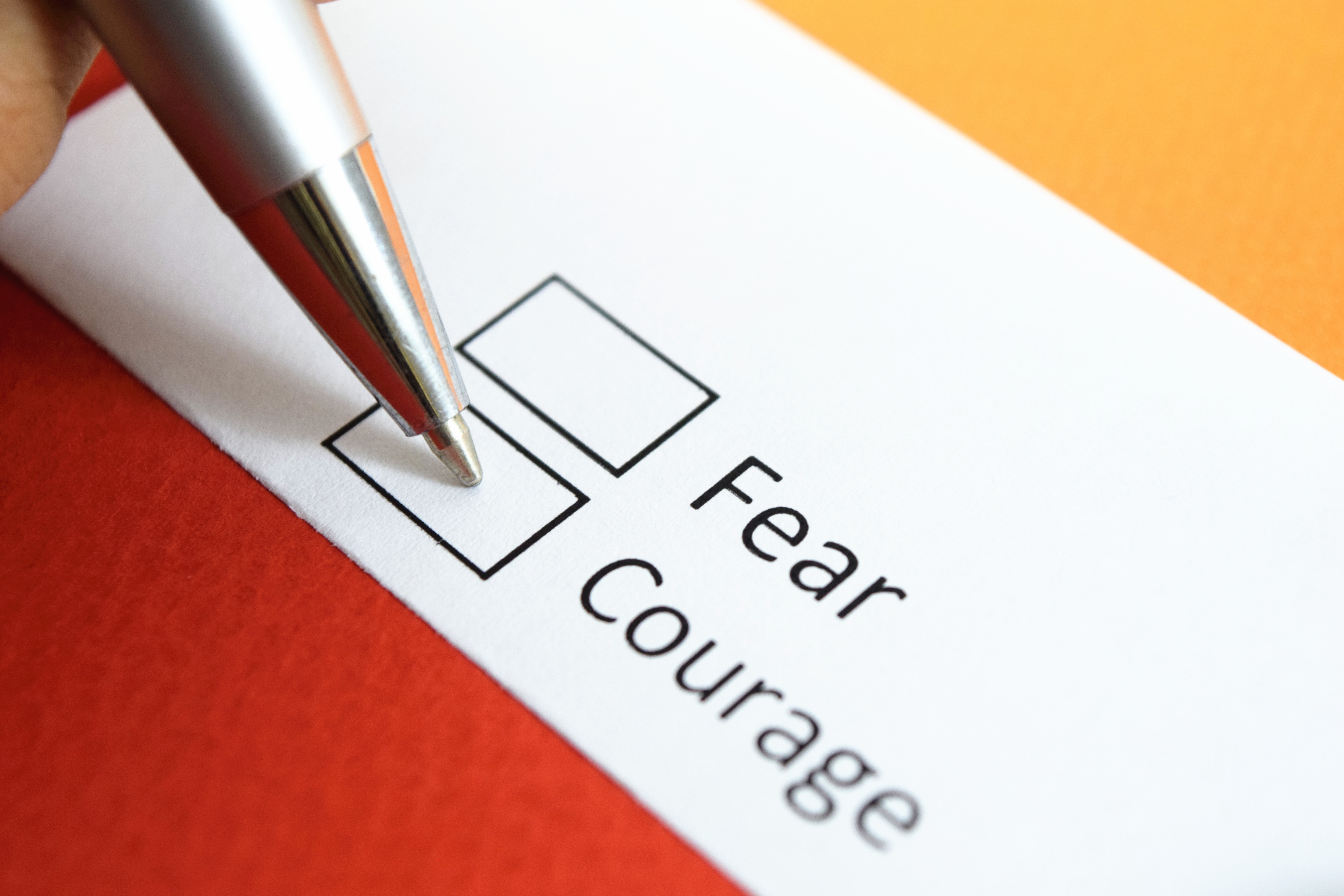
The world is now several months into a global health crisis, and there is no end in sight. Companies are struggling, organizations are floundering, and government agencies are feeling the strain. When this is over, a few organizations will stand out as having thrived despite the crisis.
Based on my experience with U.S. Embassies in crisis, I predict that those successful organizations will all have one thing in common. They are putting their people first. They are prioritizing the wellbeing of their workforce over profits, products, or policy. They understand that in a crisis, it’s the people who make things happen. It’s the people who find innovative solutions and solve the toughest problems.
In a crisis, leaders must prioritize the safety of their employees, even when it’s hard. Over the past few weeks, I’ve heard from dozens of employees who do not feel safe in their workplace. Their supervisors tell their employees they care, but their actions say otherwise. They limit telework because they aren’t comfortable with remote supervision. They don’t fight for masks and hand sanitizers for essential staff who must take risks by coming to work. They won’t pay the salaries of employees who are sick or in self-quarantine.
Employees who do not feel safe will quickly check out. Even the most self-motivated employee will lose their energy just when you need it the most. After the crisis, it will be difficult or impossible to rebuild trust, leaving teams fractured and less capable. Staff may become bitter and cynical, which erodes team resilience and limits productivity.
In contrast, when people feel safe, they will often perform exceptionally well under stress. Some will remember the crisis as a highlight of their career. U.S. Ambassador Peter Bodde demonstrated the power of putting people first when a devastating earthquake hit Nepal in 2015. Realizing that the U.S. Embassy in Kathmandu was one of the safest buildings in the city, he allowed all embassy staff (American and Nepalese), their families, and their pets to move onto the embassy compound. This move was unprecedented, and he didn’t ask Washington for permission. He knew he was taking a risk, but the safety of his staff was his top priority.
Ambassador Bodde’s team exceeded expectations in their ability to assist and protect U.S. citizens and achieve U.S. foreign policy goals. Staff told me that they have fond memories of their time in Nepal, even though they lived and worked through two major earthquakes and hundreds of aftershocks.
If you are a supervisor, take a few minutes and ask yourself whether you are putting your people first. Are you making the sacrifices necessary to demonstrate that you care about your staff? If not, ask yourself why. What are you prioritizing ahead of your employees? Identify the barriers preventing you from supporting your people and work to remove or minimize those barriers.
If you’re afraid of the consequences if you prioritize people over profits, products, or policy, remind yourself that courage is taking action despite the fear, not the absence of fear. Commit to being courageous during this public health crisis. You and many others will be glad you did.

